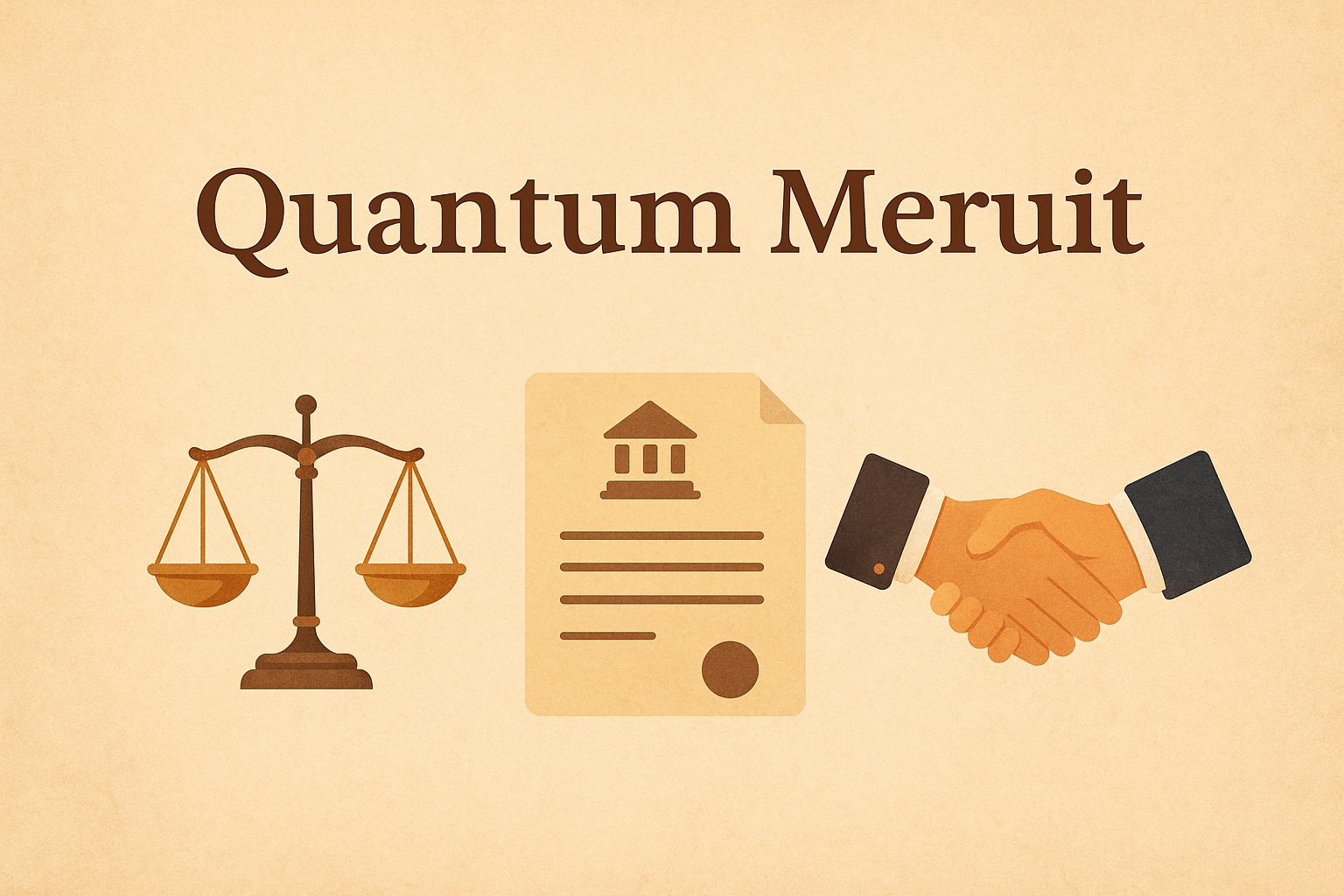Florida Attorney’s Fees Explained: Key Legal Insights Every Client Should Know
Introduction
Attorney’s fees are one of the most misunderstood aspects of legal representation. In Florida, laws and court decisions carefully balance the rights of clients to change lawyers freely with the rights of attorneys to be fairly compensated. Whether you are considering firing your lawyer, switching attorneys mid-case, or facing a voluntary dismissal, understanding these rules is critical.
This guide breaks down Florida’s approach to attorney’s fees—covering discharge without cause, quantum meruit, the lodestar method, contingency multipliers, and voluntary dismissal of cases—in plain, readable terms.
Discharging an Attorney Without Cause
Florida law allows clients to terminate their lawyer at any time, even without cause. However, this comes with financial consequences.
- If a client hires a lawyer under a contingency fee contract and later replaces them with another attorney, both may be entitled to payment.
- The first lawyer can claim fees through quantum meruit, which compensates for the fair value of services already provided.
- The new attorney can still collect the full contingency fee agreed upon in the new contract.
This means clients may face double payment, but the rule ensures fairness and discourages repeatedly firing attorneys.
Quantum Meruit and the Lodestar Method
When determining what is a reasonable attorney’s fee, Florida courts often apply the lodestar approach:
- Multiply the reasonable hours worked by the reasonable hourly rate.
- Adjust the fee upward or downward depending on the risk factor and results obtained.
This system provides flexibility while ensuring attorneys who take on difficult or risky contingency cases are adequately compensated.
Contingency Fee Multipliers in Florida
A contingency fee multiplier can significantly affect an attorney’s compensation. Florida courts recognize these multipliers as necessary tools to encourage lawyers to take on complex or uncertain cases.
- Multipliers usually range from 1.0 to 2.5.
- Courts consider the likelihood of success at the case’s outset and whether the market requires a multiplier to attract qualified attorneys.
- Unlike federal law, Florida courts do not limit multipliers to “rare or exceptional” situations.
This doctrine enhances access to justice, especially for clients with cases that are challenging or less likely to succeed without strong legal advocacy.
Voluntary Dismissals and Attorney’s Fees
If a client decides to voluntarily dismiss their lawsuit before winning any recovery:
- The attorney is not entitled to contingency fees, since no recovery was achieved.
- While this may feel unfair to attorneys, it protects the client’s right to dismiss a case.
- Florida courts have struck down fee agreements that attempt to charge hourly fees upon dismissal, ruling them prohibited or excessive.
FAQs About Florida Attorney’s Fees
1. Can I fire my lawyer at any time in Florida?
Yes, but you may still owe fees for work already performed under quantum meruit.
2. Do I have to pay two attorneys if I switch lawyers?
Possibly. The first may recover fees based on services rendered, while the new attorney may collect the full contingency fee.
3. What is the lodestar calculation?
It’s a formula: reasonable hours × reasonable hourly rate, sometimes adjusted by risk and case outcome.
4. What is a contingency fee multiplier?
It’s an enhancement (1.0 to 2.5 times) applied to lodestar fees to reflect the risks attorneys face in contingency cases.
5. If I drop my case, does my lawyer still get paid?
No. If there’s no recovery, the attorney usually cannot claim contingency fees.
6. Are termination clauses in fee contracts enforceable?
Not if they impose excessive or illegal fees, such as requiring hourly payment after dismissal.
Florida’s laws on attorney’s fees strike a careful balance:
- Clients retain the freedom to change lawyers.
- Attorneys remain protected with fair compensation under quantum meruit, lodestar, and multipliers.
If you are facing a fee dispute or considering changing attorneys, speaking with a Florida law firm experienced in fee recovery and contract disputes can help you protect your rights.
Learn more from the Florida Bar’s guidelines on attorney’s fees: Florida Bar Official Website.


